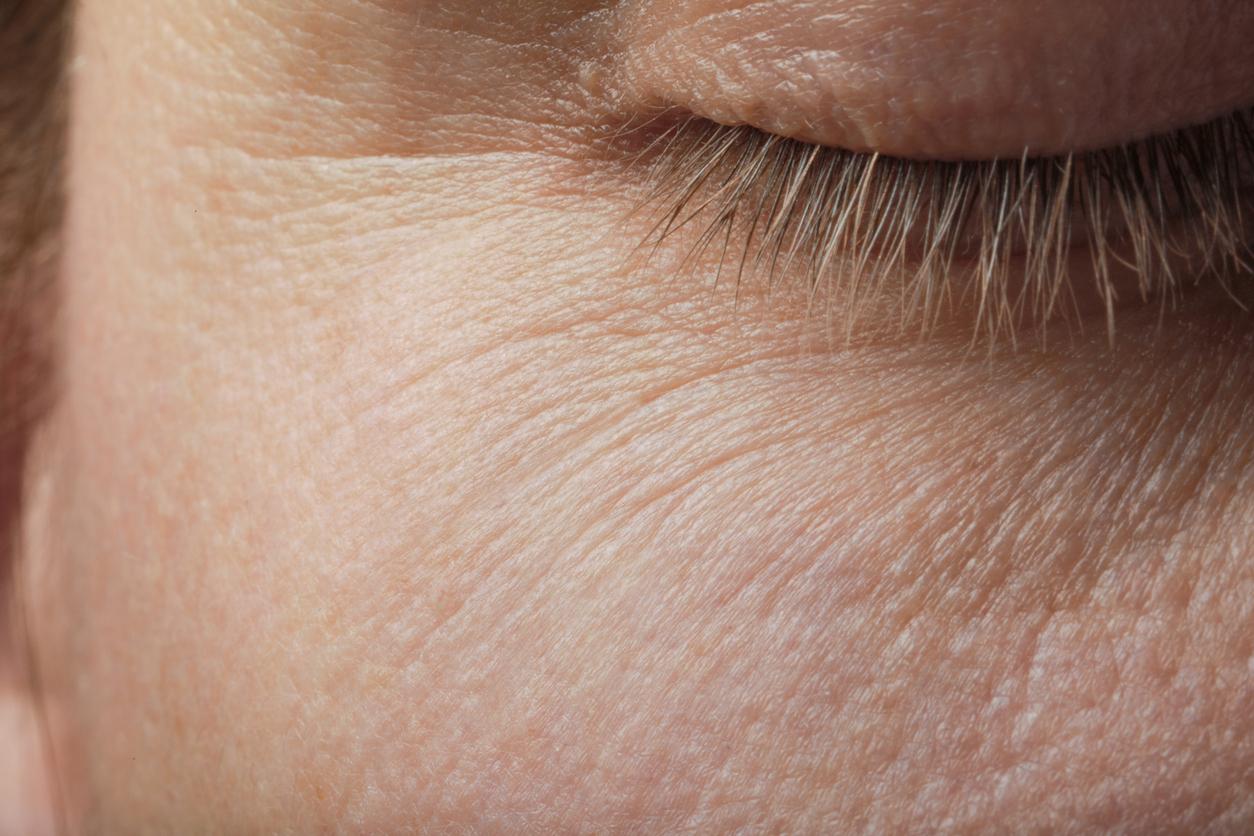Why do we yawn? What role does it play on the body? Can yawning be a health concern? We summarize what science knows about this natural reflex as banal as it is mysterious.

- Yawning is not a simple opening of the mouth, but a movement of generalized muscular stretching, of the respiratory muscles (diaphragm, intercostals, scalenes), of the muscles of the face and of the neck.
- Mammals, fish, birds, reptiles… Yawning is a physiological reflex that exists in all vertebrates living in the air, water or on land. With the exception of the giraffe, which sleeps very little and very irregularly.
It imposes itself on our mandibles when we are tired in the evening, or when we stretch after a night’s sleep. It can also happen without warning after a king meal, but also before, or when you are bored at a given time of the day. So common, yawning is a mechanism mysterious enough to make us wonder: what is it for? Why do we sometimes yawn till our jaws drop?
Yawning stimulates our brain and our alertness
A human being would yawn on average 250,000 times during his life, from his mother’s womb (yes, even the fetus yawns from the 11th week) until his last days. It is a banal reflex, but therefore irrepressible, which manifests itself by an opening of the mouth and a deep inspiration opening wide the respiratory tract, and by some contractions of the face. It has long been thought that yawning allows the oxygenation of the brain, by the deep inspiration of fresh air that it inhales. But this theory has been dismissed, studies have shown that in reality the level of oxygen in the blood drops briefly after yawning.
Even today, yawning remains a mystery, but according to the scientific community, the most likely hypothesis is that it serves to stimulate our vigilance. If we are seized with a yawn, it is because the temperature of our brain increases, which occurs for example when we are tired, we are bored, we are sick, we have simply hot, or even before/after eating. Yawning has a thermoregulatory effect: it makes it possible to suddenly increase blood pressure, to “refresh” the brain and therefore to activate vigilance and concentration – necessary to fight against sleep, for example.
Yawning, a sign of certain illnesses
In the same vein, other works suggest that yawning is also an anti-stress, which allows you to find calm before or after a moment of anxiety. Yawning is good, it’s a little pleasure that releases tension and helps the body to relax. It is even recommended to provoke yawning when you feel stressed or tired, as athletes sometimes do before a test or students before an exam.
In some cases, the frequency of yawning can be an indicator of an individual’s health. If a healthy person yawns between 5 and 10 times a day, people with Parkinson’s disease may not yawn at all, or very rarely, while patients with meningitis or carbon monoxide poisoning carbon, or treated with antidepressants, will yawn excessively, up to 200 times a day.
If the role of yawning is still obscure, scientists know a little more about the fact that it is contagious: sometimes it is enough to see or hear someone yawn for the urge to take us. According to a recent study, contagious yawning, specific to primates only, would be associated with oxytocin, a hormone linked to empathy, attachment, even love: the higher its level, the more it chances are one person will yawn after another yawns. And, according to another study which follows the same logic, a loved one is more likely to make us yawn than a stranger. Like laughing or crying, yawning is a way to communicate compassion without speaking!

















